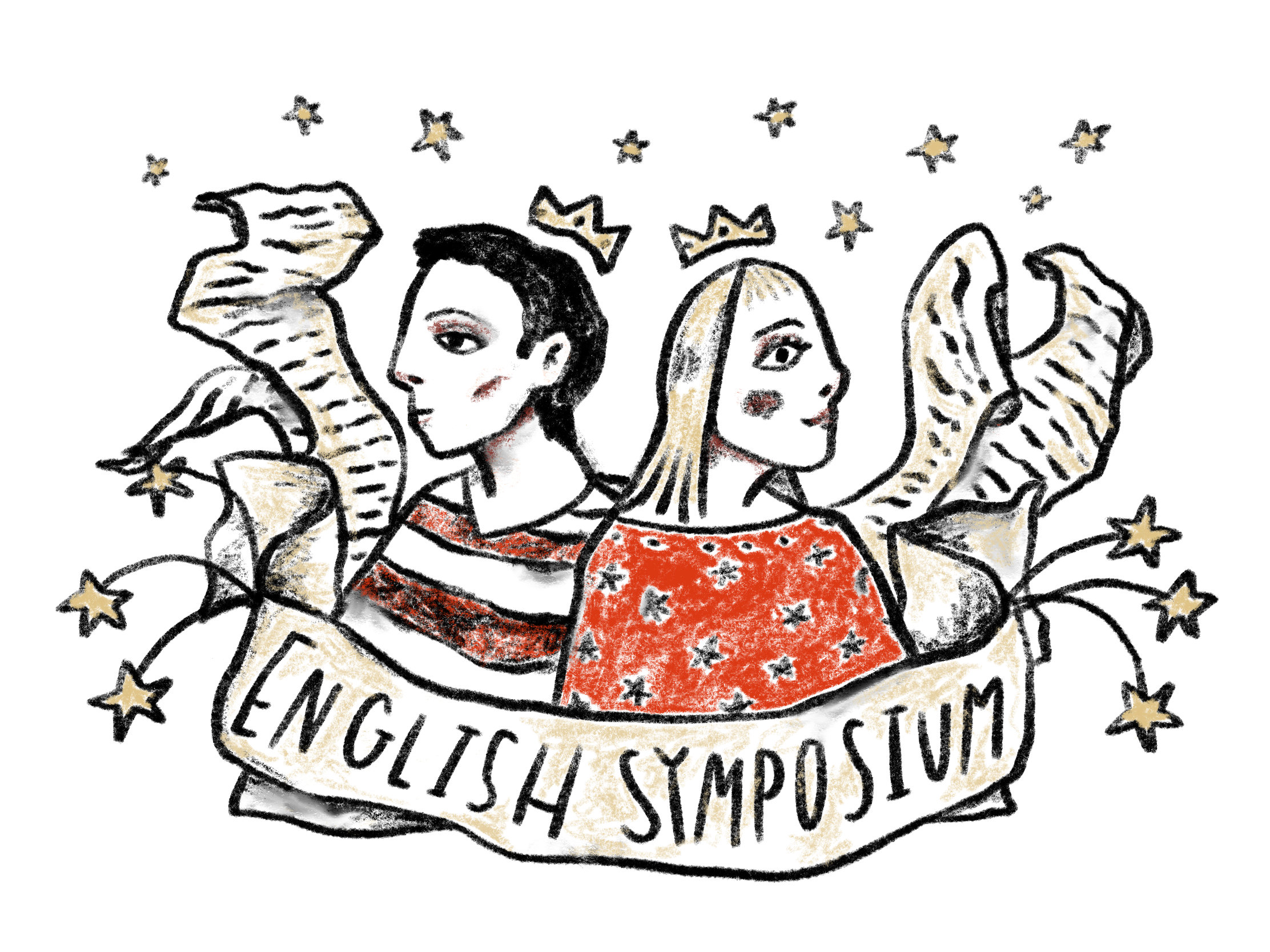Content Category
Literary Criticism
Abstract/Description
The majority of scholars agree that Seamus Heaney’s bog poetry is politically charged and directed primarily at the violence of the Irish “Troubles.” Critics have extensively analyzed the poems that Heaney published during this time for their political context and bold political commentary. However, one poem has been curiously overlooked. “Bogland,” published in the face of the “Troubles” in 1969, has received little, if any, attention in way of politics. Instead, it has been analyzed as a process poem: a psychological dig or embodiment of Heaney’s exploration of his personal fears as a poet, search for resolution, and struggle to find Irish identity. At most, critics have discussed the poem as an embodiment of Heaney’s exploration of national identity before his actual debut in the political arena. However, they have not gone far enough. All have failed to address the poem’s clear political context and message.
Contrary to the findings of previous scholarship, I assert that “Bogland” was written as a political poem to unite Ireland in purposeful imitation of American nationalism. Interviews with Seamus Heaney reveal his intent to write the poem from a Catholic nationalist background and to connect with a national consciousness. Close textual analysis reveals several allusions to American nationalism by way of American history, American nationalist symbols, and Irish imitations. Using circular imagery, Heaney calls for Ireland to come together under a shared history and vision for the future and stand on its own as a united nation of the world. All of this evidence indicates that “Bogland” is clearly a political poem, written with a political agenda and political context. “Bogland” is no mere process poem or psychological dig, but Heaney’s plea for Ireland to throw off the chains of English colonialism and become the united power that it was meant to become.
Copyright and Licensing of My Content

This work is licensed under a Creative Commons Attribution-Noncommercial-No Derivative Works 4.0 License.
Origin of Submission
as part of a class
Faculty Involvement
Dr. Miranda Wilcox
Our Day Will Come
The majority of scholars agree that Seamus Heaney’s bog poetry is politically charged and directed primarily at the violence of the Irish “Troubles.” Critics have extensively analyzed the poems that Heaney published during this time for their political context and bold political commentary. However, one poem has been curiously overlooked. “Bogland,” published in the face of the “Troubles” in 1969, has received little, if any, attention in way of politics. Instead, it has been analyzed as a process poem: a psychological dig or embodiment of Heaney’s exploration of his personal fears as a poet, search for resolution, and struggle to find Irish identity. At most, critics have discussed the poem as an embodiment of Heaney’s exploration of national identity before his actual debut in the political arena. However, they have not gone far enough. All have failed to address the poem’s clear political context and message.
Contrary to the findings of previous scholarship, I assert that “Bogland” was written as a political poem to unite Ireland in purposeful imitation of American nationalism. Interviews with Seamus Heaney reveal his intent to write the poem from a Catholic nationalist background and to connect with a national consciousness. Close textual analysis reveals several allusions to American nationalism by way of American history, American nationalist symbols, and Irish imitations. Using circular imagery, Heaney calls for Ireland to come together under a shared history and vision for the future and stand on its own as a united nation of the world. All of this evidence indicates that “Bogland” is clearly a political poem, written with a political agenda and political context. “Bogland” is no mere process poem or psychological dig, but Heaney’s plea for Ireland to throw off the chains of English colonialism and become the united power that it was meant to become.

